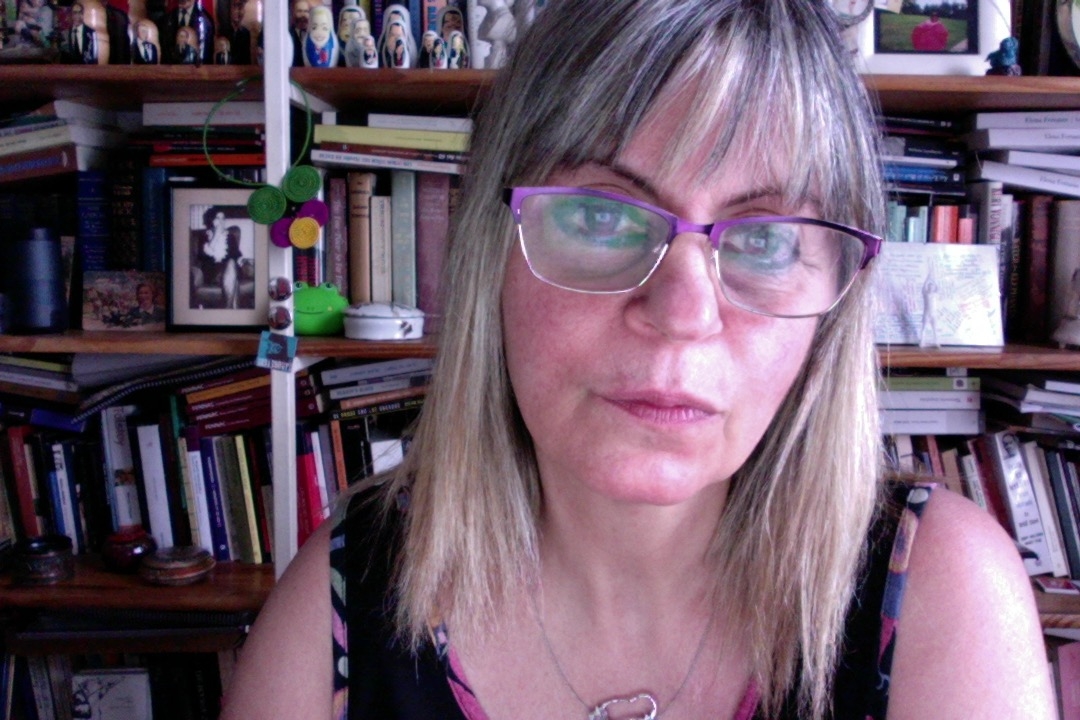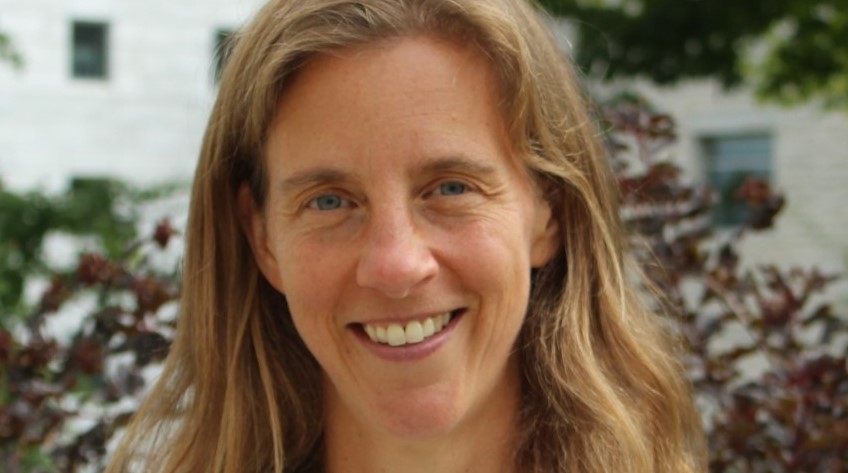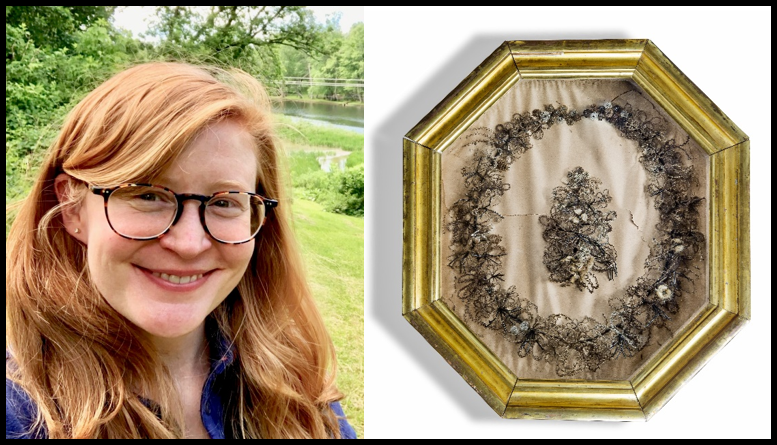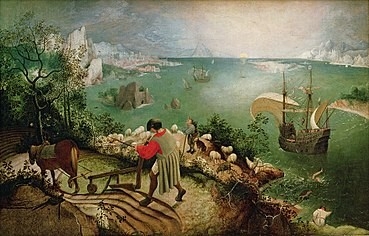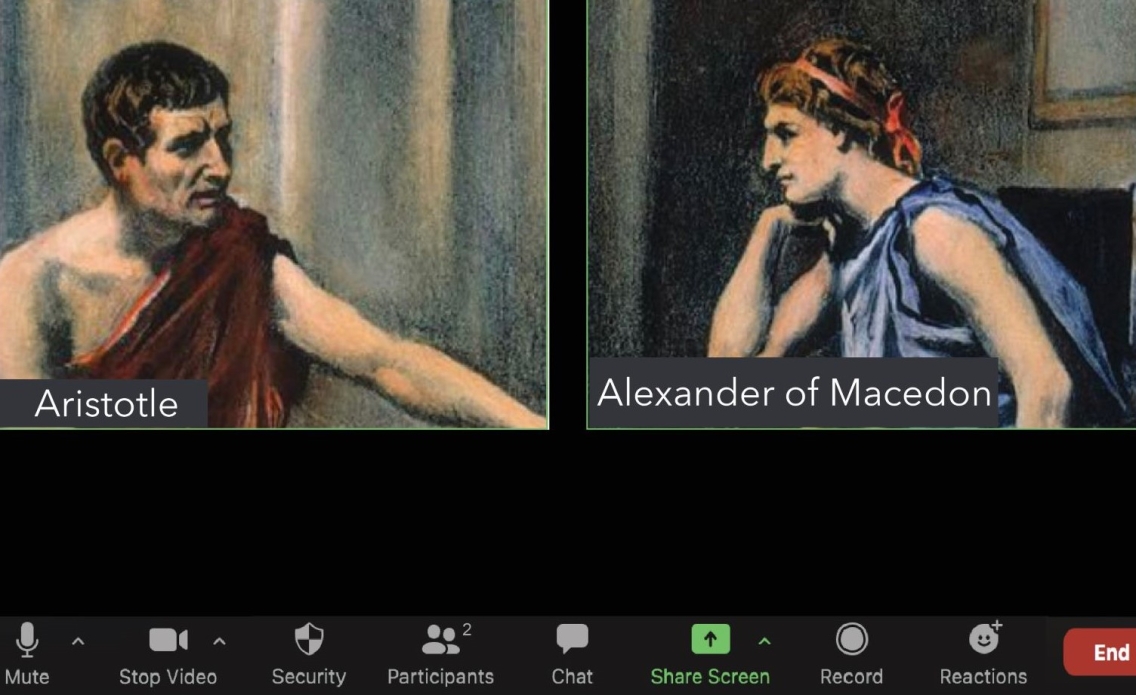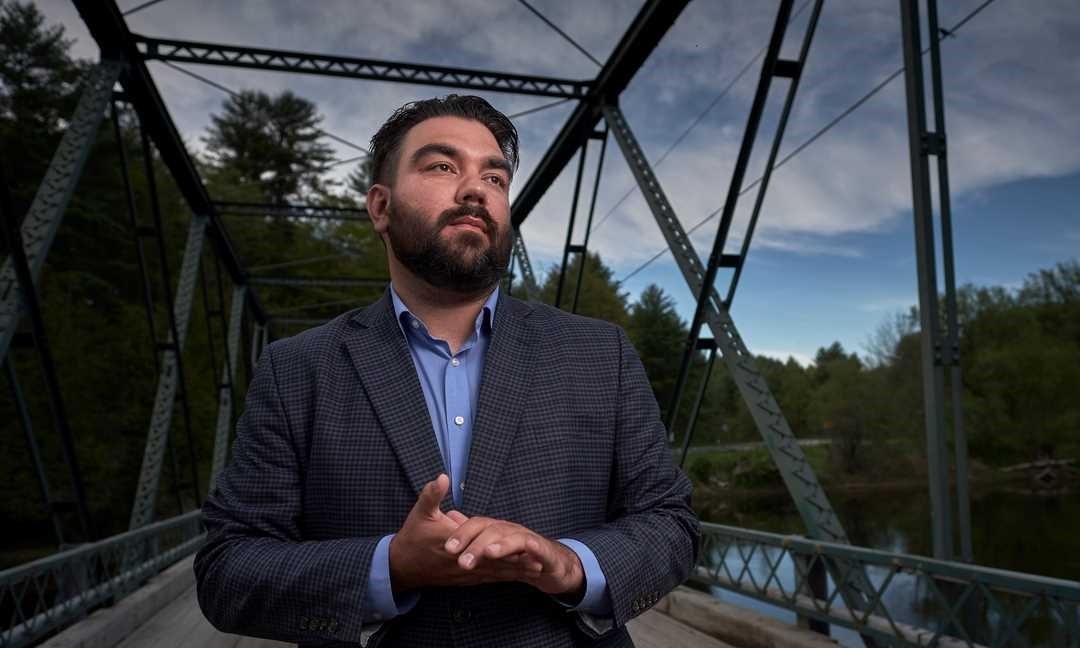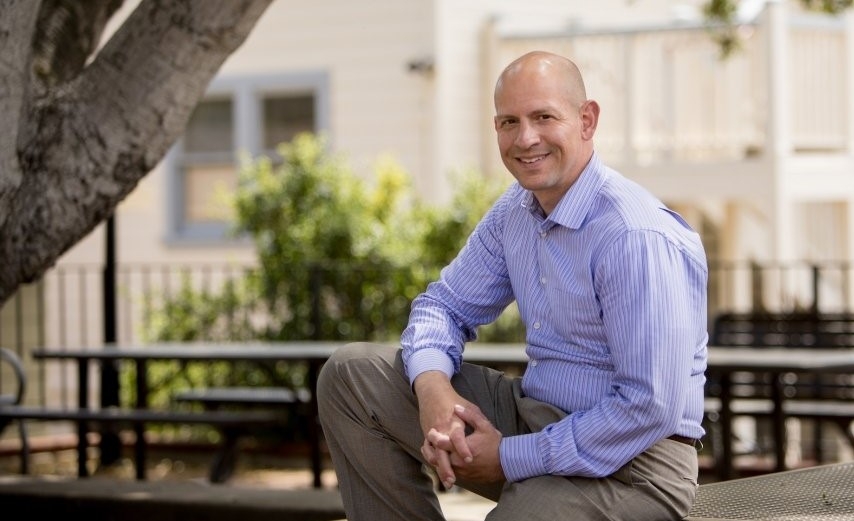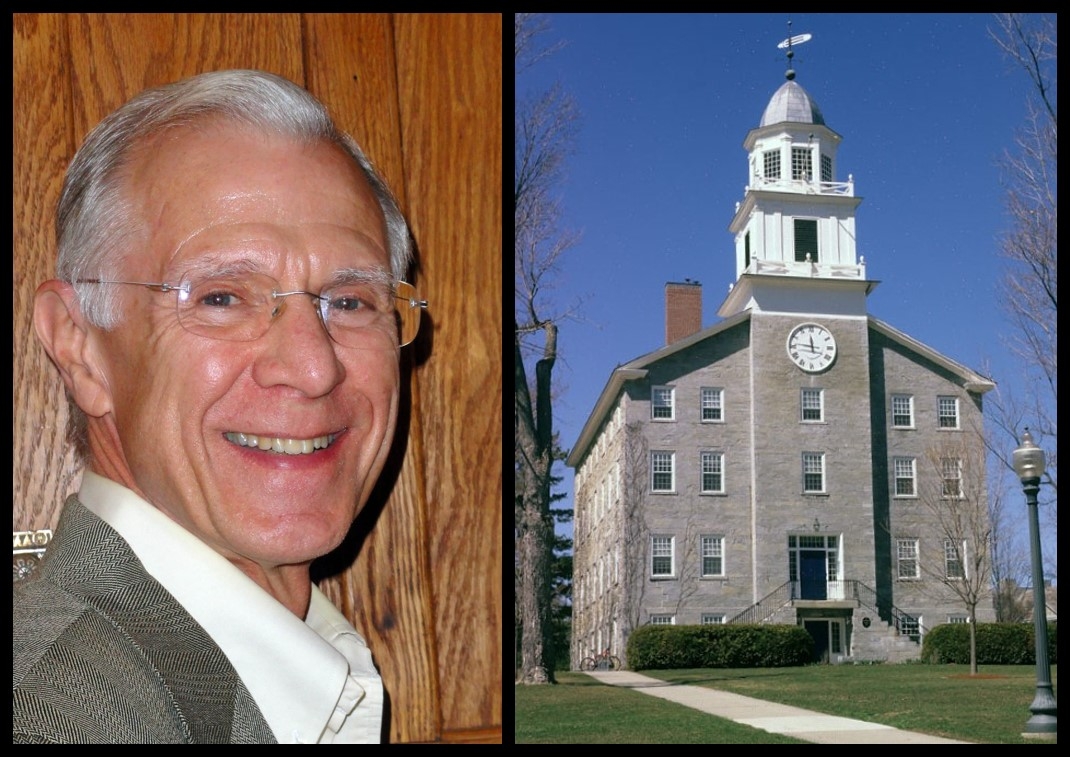Spring 2021 Recorded Series
Join some of Middlebury’s expert and engaging faculty members for interactive talks—from home.
Spring 2021 Recordings
Liria Evangelista - Teaching and the Pedagogy of Memory
After the last military dictatorship in Argentina ended in 1983, the long decades of post-dictatorship posed a challenge: how to transmit the memory of that period to younger generations. This talk will explore questions such as: Is there a pedagogy of memory? Is it possible to build a curriculum that addresses the difficult issue of traumatic memories? Are institutions willing or able to deal with this issue? Professor Evangelista will also address the complex ways in which Argentine schools and universities, along with human-rights organizations, have dealt with memory.
Emily Proctor - Algebra and Geometry: A Beautiful Relationship
Many of us first encountered algebra and geometry as two separate and very different areas of mathematics, but the two fields are intricately interconnected. Starting from the basics of Euclidean geometry and elementary algebra, award-winning teacher Emily Proctor highlights the relationship between these fields and shows how algebra is one of our strongest tools for understanding geometric objects and the world around us.
Ellery Foutch - Hair Today, Gone Tomorrow… or Knot: Combing through Vermont Hairwork Collections
Nineteenth-century Americans often saved or exchanged locks of hair as mementos, constructing elaborate items of jewelry or keepsake wreaths that embodied familial relationships and kinship networks. These tokens could serve memorial purposes or solidify friendships. This material, crafted from the body, was often worn on the body, near the heart, or displayed within the intimate space of the home. In more recent decades, hair has become a potent political medium for artists highlighting feminism and ethnic or racial identity. In this talk, Professor Foutch will share the insights gleaned during a winter-term class inspired by works in local collections and explore the meanings of hair in American culture, past and present.
Antonia Losano - Poets on Paintings
Ekphrastic poetry—poetry that describes a work of art, real or imagined—has been around since Homer described the complex decorations on the shield of Achilles in the Iliad, and countless poets since then have tried to translate visual artworks into words. How are we to understand this cross-media genre? Professor Antonia Losano will talk about a few notable examples of ekphrastic poets, including Keats, Browning, Auden, Sexton, Komunyakaa, and Trethewey. You’ll also look at the artworks they describe and explore the complex relationship of word and image.
Dana Yeaton - Scenes From “Aristotle & Alexander”: A New Play About an Ancient Classroom
Last March, theatre professor Dana Yeaton and actor-playwright Cole Merrell ’21 started writing a play together. Their inspiration was the legendary teacher-student relationship between Aristotle and Alexander the Great. Actor Ethan Bowen joined the weekly Zoom sessions to improvise the role of Aristotle, with Merrill playing the teenaged Alexander. Join Bowen and Merrill for a performance of excerpts directed by Assistant Professor of Theatre Michole Biancosino. The presentation will be followed by a Q&A with the cast, Yeaton, Biancosino and the project’s research assistant, Alexander Buchinger Shea ’22. You’ll be part of the script’s first audience, and your feedback will be the next step in its development.
James Chase Sanchez - Salt of the Earth: The Rhetoric of White Supremacy
In this talk, James Chase Sanchez argues that contemporary rhetoric of white supremacy is built around structures of preservation. Using ethnographic and autoethnographic research in his hometown of Grand Saline, Texas, Sanchez pinpoints the ways communities preserve their white supremacy via tactics of identity formation, storytelling, and silencing.
Jason M. Blazakis - Conspiracies and Disinformation: New Challenges or Sources of Timeless Turmoil?
Jason M. Blazakis will discuss the international security challenges posed by conspiracies and disinformation and how these have manifested during the COVID-19 pandemic. He will also share some observations from his own research and that of the Middlebury Institute Center on Terrorism, Extremism, and Counterterrorism.
Glenn Andres - Fleshing Out an Icon: Old Chapel
Digging beneath the surface of something very familiar can be richly rewarding. Such is the case with Old Chapel. Beyond its importance to Middlebury College, this structure recorded in the Historic American Building Survey and listed on the National Register of Historic Places has connections that transcend its accumulated local associations. Prof. Emeritus Glenn Andres will discuss research into the multi-layered story of the college’s most iconic building, its generation, its iconography, its place in the history of American campus design, and its circumstantial ties to one of the nation’s most important nineteenth century architects.


